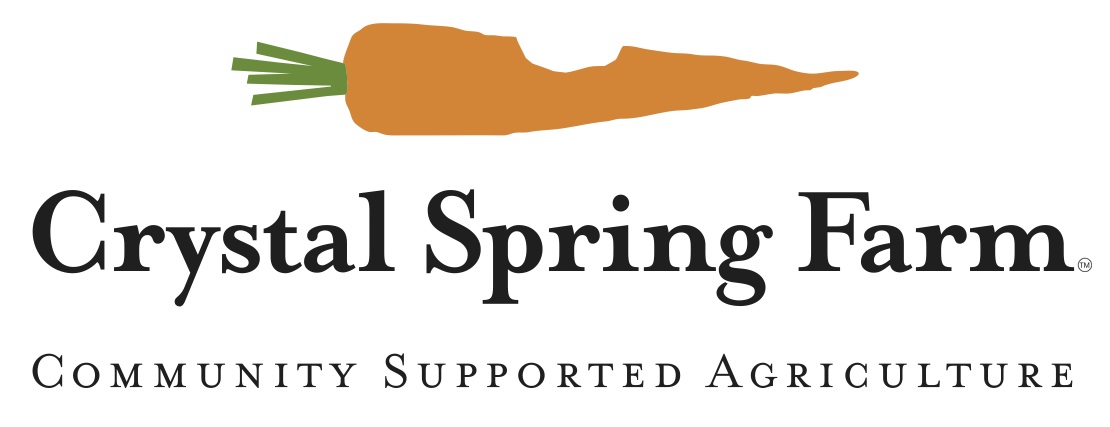What’s in Upic?……
Thyme Chives Basil
Parsley Cilantro Beans
All Flowers
I made a big mistake this past week. I mentioned a few times that we could use a bit of rain. One would think that after the summer we have had I would have been able to contain the urge to vocalize such feelings…but apparently not. For my mistake we received two and half inches of rain on Sunday and another half inch Monday, just as a bonus. An inch would have been plenty especially given the fact we are still trying to get our June Hay into the barn. Now if I were to meet myself on the street I wouldn’t guess that I was the superstitious type. I have to say that for most of my life I have been a relatively rational person. Farming has driven me to believe deeply in any number of intangible forces greater than myself, the most hocus pocus of these being the power of suggestion. The farm crew has learned by this point in the season not to strongly praise one crop or even express relief about something going well until that crop is harvested or the task is done. To jump the gun is to invite a visit from Murphy (as in Murphy’s Law: Anything that can go wrong probably will) or at least a loud shoosh from me.
Pig preordering starts this week. These are our own pigs raised here at the farm and processed however you like them at a USDA inspected butcher. This is a great deal for high quality pork for your freezer this winter. Bacon, ham, sausage and ribs all processed and packed as you like. Neighbors and families can split halves or quarters. Whole pigs are $4/lb. hanging weight and halves are $4.25. Talk to us at pick-up for more details.
More Leeks this week…Are you running out of creative things to do with them? Here’s another recipe idea…
Carmelized Leeks and Noodle Soup
· 2 medium leeks
· 1/2 Tbsp olive oil
· 1 Tbsp butter
· 1/2 Tbsp dark brown soft sugar
· 1/2 pound noodles
· 2 heaping Tbsp chopped fresh parsley
· 1 tsp extra-virgin olive oil
· Salt and black pepper to taste
Preparation
Split the leeks lengthways and wash each layer thoroughly. Slice across into thin strips, including the green part.
Heat the Tablespoon of olive oil and butter together over a gentle heat. When the butter has melted, add the leeks and toss well. Cook slowly, uncovered, for about 10 minutes or until they start to soften.
Sprinkle over the sugar. After a couple more minutes, mix well. Continue to cook for 15 to 30 minutes, until the leeks have begun to collapse into a sticky mass. Add small amounts of hot water if required to stop sticking. While the leeks are cooking, cook and drain the noodles. When the leeks are done, add the parsley, olive oil, cooked noodles and seasoning to taste. Toss well and serve.
